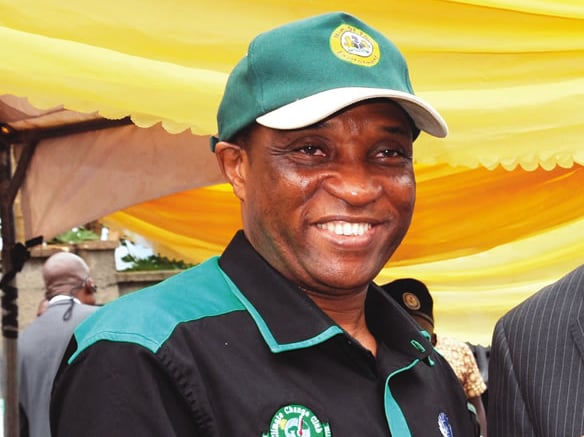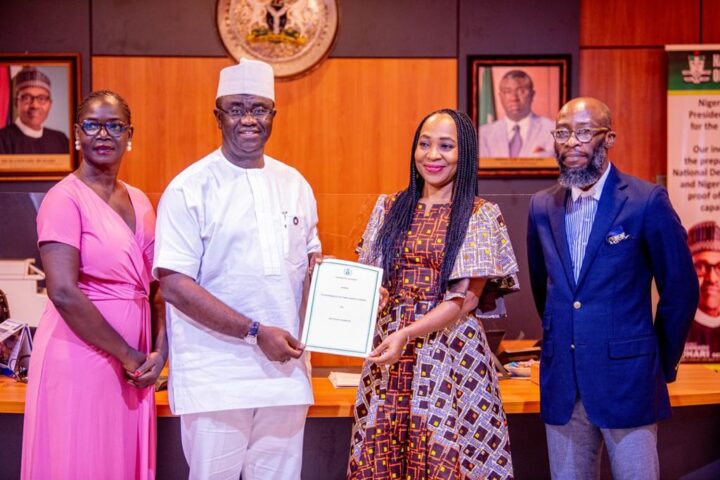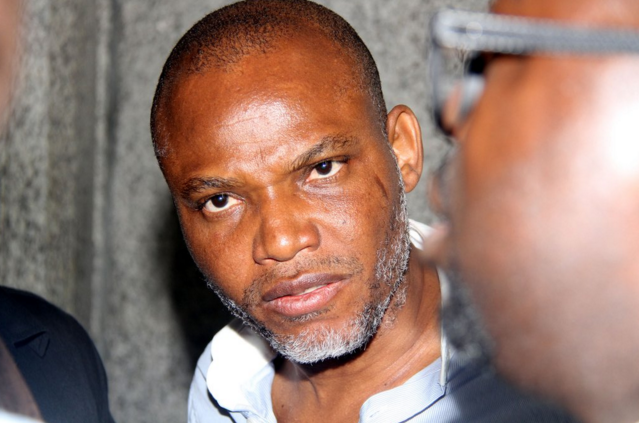In most societies, journalists are expected to report the news, investigate misdeeds, prescribe actions and set the agenda for public discourse — but not be directly involved in politics or public administration. They are, by nature, spectators and critics; only a few actually roll up their sleeves and jump into the fray to play the game. It is understood that the journalist and the politician should operate in two different worlds. Is this a good thing? There is a sense in which it can be argued that to maintain media independence, it is desirable and advisable to create this stonewall.
But this also presents a dilemma: the journalist is seen as an eternal critic – an arm-chair one – who is only good at pointing out the flaws of leadership, one who would not do any better if saddled with the same responsibilities, one who only sits as a spectator spewing obscenities at those toiling on the field. It is not unusual for state actors to challenge journalists to cross the barrier, wear the boots, get roughened up on the field and put into practice all the instructions they have been barking from the terraces. Being a spectator-critic and a player are markedly different, after all.
The Philosopher-King: Bending the Barrier
The barrier between the state and the media, however, is not cast in stone. While the media should remain independent, journalists can, and do, cross over as duty demands. Journalists can do more than philosophise. To achieve his ideal nation-state, Plato sees the philosopher as the best ruler. He wrote in The Republic that “philosophers [must] become kings…or those now called kings [must]…genuinely and adequately philosophize”. The journalist can aspire to be the Philosopher-King. If you know how to sing well, or what good singing is, why stop at critiquing other people’s songs?
Advertisement
Tunji Bello, one of those who have successfully crossed over the stonewall, appeared to have prepared for it. His trajectory from the day he signed up as a journalist always hinted at a philosopher who would do more than philosophise. Although his first degree is in political science, his journalism went far beyond the science of statecraft. He later took a master’s in international law and diplomacy and studied for a bachelor of law (LLB) and a barrister at law (BL). He has had a good dose of knowledge: political science, journalism, diplomacy and law. His weekly column, dubbed The Republic (sounds familiar, doesn’t it), articulated and provoked thoughts on economics, politics and the political economy.
His column inspired me in many ways. He demonstrated such an in-depth knowledge of economics without being an economist. That motivated me to deepen my knowledge so I could debate intelligently on specialist issues. His political analyses of the Nigerian federation were rooted in such conviction that even if you did not agree, you had to disagree with a plausible argument. He articulated a case for state police long before it became a major topic of public discourse. His grasp of development issues and his projections of policy solutions suggested to me years ago that the philosopher was going to jump into the fray and play the game.
He cut his teeth at Concord newspapers, starting as a feature writer, rising through the ranks to become an assistant features editor, political editor, editor, Sunday Concord and, finally, editor of the main newspaper, National Concord. It was while he was editor of Sunday Concord that I met him in flesh after admiring him from afar. He would later join THISDAY, where he became chairman of the editorial board and where I, as the editor of The Saturday newspaper, had the opportunity to tap, first-hand, into his massive wealth of knowledge and experience. He took me under his wings — the lovely human being that he is — and supported me in my career journey and endeavours.
Advertisement
Transforming Through the Big Route
It was a matter of time that the philosopher would become a “king” (that is, jumping over the stonewall between the media and the state). In 2003, Bello was appointed by Asiwaju Bola Ahmed Tinubu, then-Lagos state governor, as a commissioner. A journalist being made a commissioner is not the most surprising news in the world. It happens in Nigeria every four years and in-between. But there is a portfolio reserved for them: information. It is thought, or so it appears, that the journalist is an information and communication specialist and is best suited for that spot – to manage the state media and communicate government policies and positions to the media. Even though Bello had qualified as a lawyer, his claim-to-fame was journalism.
Yet, Tinubu gave him one of the most daunting portfolios in the state: the environment. The Lagos environment is one of the most challenging in the world because of poor sanitation habits, distorted physical planning, dense population, proneness to perennial flooding (being mostly below sea level), unchecked urbanisation and financial constraints. To saddle a journalist with such a portfolio was either a demonstration of faith in his capacity or an inadvertent mismatch of skills. It did not take the civil servants too long for them to discover an unusual “journalist” was on the seat, starting from his refusal to be rushed into signing off approvals. Soon he was marshalling remedial initiatives for the environment — without being an engineer. He came up with strategies that are till today very much the fulcrum of environmental management in the state.
He would go on to become the secretary to the state government (SSG) before returning as commissioner for the environment, his “natural” habitat, to continue to give life to a project that had been disrupted by events and expediency. His smooth journey into public administration should be an inspiration to journalists who wish to do more than philosophise. To be sure, this is only following in the tradition of Dr Nnamdi Azikiwe, Chief Obafemi Awolowo, Chief SL Akintola, Chief Bisi Onabanjo and Chief Olusegun Osoba who all cut their teeth in journalism while frontally seeking an end to colonialism. They actively sought to steer the Ship of State by transforming from spectator-critic to public administrators, and they excelled in their endeavours.
Advertisement
The poster boy has to be Alhaji Lateef Jakande, who had done nothing else but journalism before governing Lagos state extraordinarily well between 1979 and 1983. He demonstrated clearly that the philosopher can become king. While Lagos was far from Plato’s ideal ‘state’, Jakande remains a shining example for journalists who aspire to bend the barrier. As Bello celebrates the 60th year of his earthly sojourn, he has demonstrated how far intellectual capacity and professional excellence can take a journalist. What a politician can do, a professional journalist can do as well.
This is an adapted version of my contribution to a book of essays in honour of Tunji Bello, the Lagos state commissioner for the environment, who clocks 60 today.






